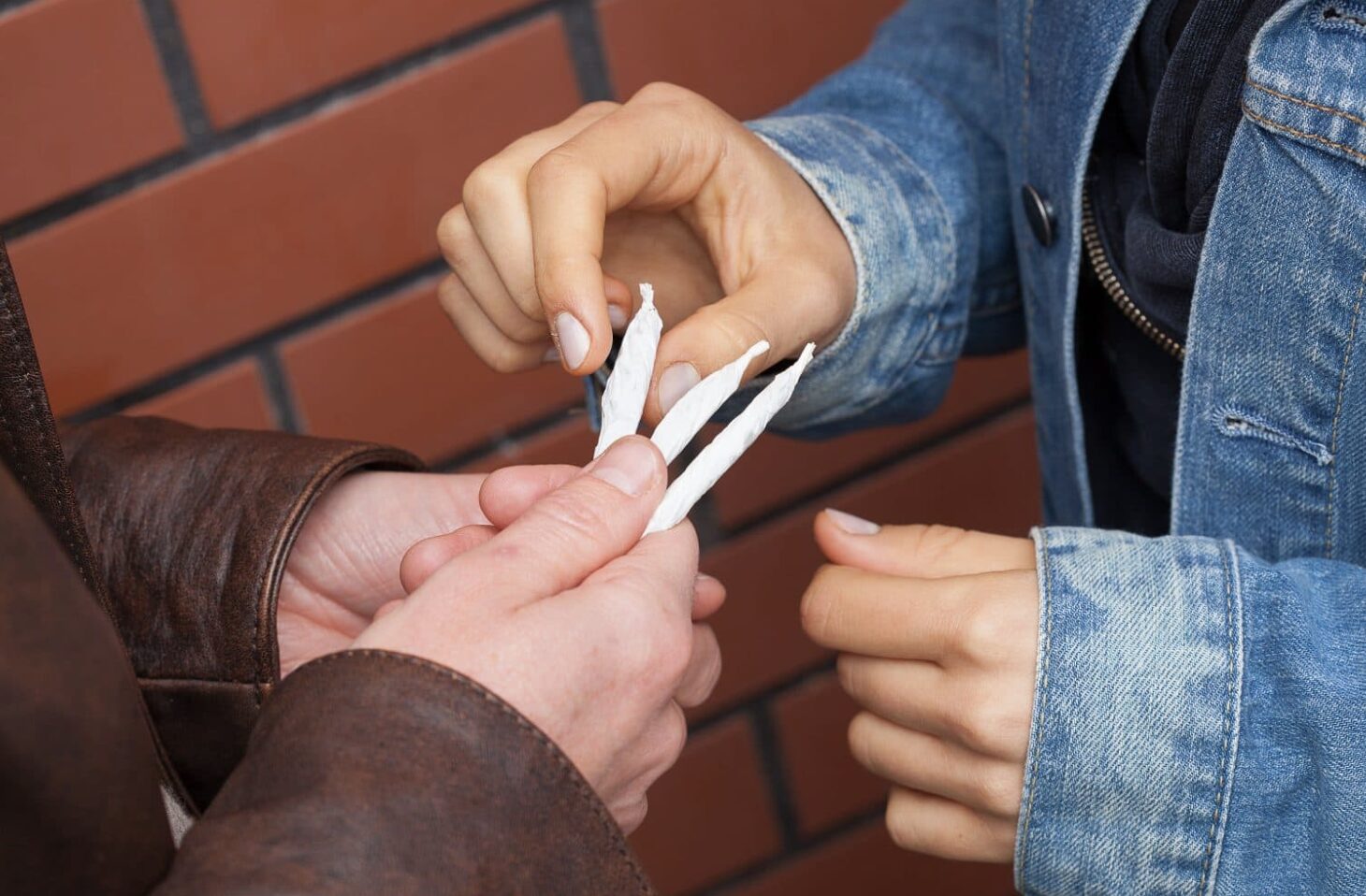At Telos, we understand how unsettling it can be for parents to discover that their child is experimenting with drugs or alcohol. Whether it was a text message you found, a call from school, or a change in behavior that led to the discovery, the emotions are real—fear, anger, confusion, sadness. You’re not alone, and there are steps you can take to respond with wisdom, care, and strength.
Here are a few pointers we share with the families we work with every day:
1. Pause Before You React
Finding out your child is experimenting with substances can trigger intense emotions. Take a breath. Your first reaction—especially if driven by anger or fear—can impact your child’s willingness to talk with you. The goal is not just to respond, but to build a bridge for ongoing communication.
Telos Tip: It’s okay to say, “I’m upset, and I want to understand what’s going on. Let’s talk more when I’ve had a chance to gather my thoughts.”
2. Get Curious, Not Furious
Substance use is often a signal, not the root problem. Teens and young adults may turn to substances for a variety of reasons: peer pressure, anxiety, depression, curiosity, trauma, or simply trying to cope with stress. Ask questions that seek understanding, not control.
What made you want to try this?
How often have you used it?
How does it make you feel?
This isn’t about interrogation—it’s about opening a door to conversation and trust.
3. Avoid Lecturing—Listen First
It’s natural to want to jump into “teaching mode,” but one of the most powerful things you can do is simply listen. When young people feel heard, they are more likely to hear you in return.
Telos Tip: Create a safe space for your child to share, even if what they say is difficult to hear. That safe space doesn’t mean there are no consequences—it just means the relationship comes first.
4. Assess Safety and Scope
While experimentation doesn’t always lead to addiction, it’s important to determine if your child’s use is isolated, occasional, or part of a larger pattern. Consider these questions:
Are there signs of frequent use (e.g., changes in sleep, appetite, grades, or mood)?
Is your child using substances to escape or self-medicate?
Are they mixing substances or using in risky situations?
Depending on your answers, you may need to seek professional guidance sooner than later.
5. Don’t Try to Fix It Alone
This is not a reflection of your parenting. Substance use is complex and layered. Bringing in a professional—whether a therapist, counselor, or medical provider—can provide clarity and support. Sometimes a child is experimenting. Other times, they’re struggling with a deeper issue. You don’t have to be the detective and the healer.
Telos Tip: Early intervention can prevent years of pain. It’s not overreacting to seek support.
6. Model Healthy Coping and Boundaries
Your child is watching how you handle stress, disappointment, and conflict. One of the most powerful interventions is modeling your own healthy coping strategies. At the same time, don’t be afraid to set clear boundaries about what is and isn’t acceptable in your home.
7. Know That Hope Is Real
Every day at Telos, we see young people find their way back—often stronger, more grounded, and more self-aware than before. Substance use does not define your child. It does not erase the goodness in them. With the right support, healing is absolutely possible.
You’re Not Alone
If you’re concerned about your child’s substance use and aren’t sure what to do next, we’re here to help. Whether it’s a consultation, an assessment, or just someone to talk to, Telos is a resource for your family.
You’ve taken a courageous first step by seeking information. Keep going. Your child is worth it. And so are you.

